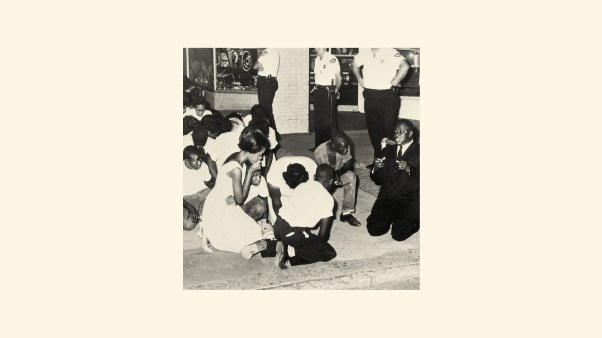To assess the words of a critic, you may need to read between the quotes:
1. “I don’t know.” This person criticizes because of insufficient information. What he may really be saying is, “I want to know more before offering my support.” He needs time to ask questions and needs to receive honest answers.
2. “I don’t understand.” This may mean “I like things the way they are and don’t understand why they must change.” This person needs to be able to honor and celebrate what has gone before while also being given a clear picture of where the church wants to go. She also needs time to express fears and needs encouragement.
3. “This is moving too fast.” This critic may be saying, “I don’t feel like I have been a part of this process. I don’t want anything crammed down my throat.” He needed information from the outset. To honor such critics, provide information as the process progresses. Give them time to think before asking them to decide.
4. “You blew it.” This person can be the most disconcerting to a leader, but she may also be the most valuable. Of course, the valuable critic is not one who takes inordinate delight in your failure.
This person may not always be correct in her assessment, but neither am I. When I realize this critic is right, I admit, “I was wrong”—that’s what she needs to hear. I am constantly amazed at the disarming power of a simple confession.
5. “It’s me again.” The most frustrating, this critic complains because that’s just what he does. His words are often far different from his meaning. A critical comment may actually mean, “I am so unhappy with my life that I refuse to see anything positive about anything.” Or, “I am in desperate need of attention, and I don’t know any other way to get it.” Or, “I feel powerless in every other area of my life and this is the only place and the only way I can exert any semblance of control.”
He may simply need pastoral love, not a response to the criticism. By answering his complaints, a leader will only encourage more criticism. This is one instance in which the squeaky wheel, in spite of the old adage, should not be given any grease.
—Ken Warren First Baptist Church Tulsa, Oklahoma
1998 by the author or Christianity Today/Leadership Journal. For reprint information call 630-260-6200 or contact us.









